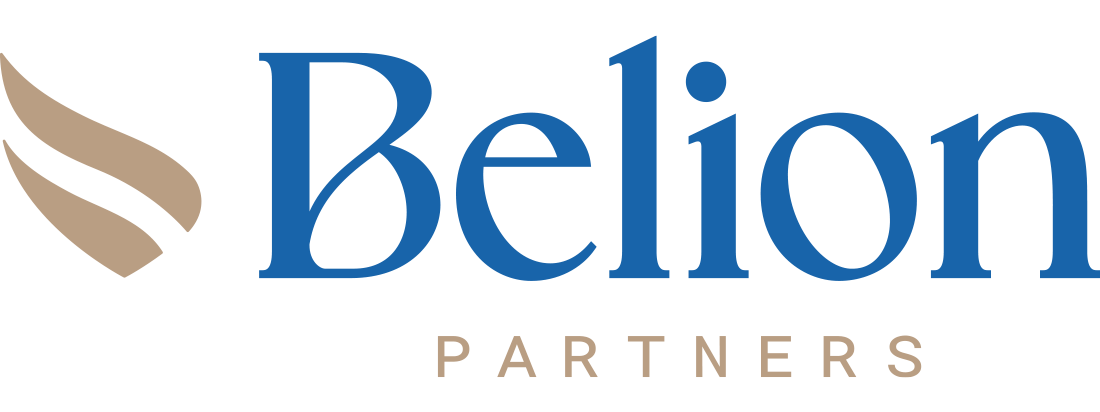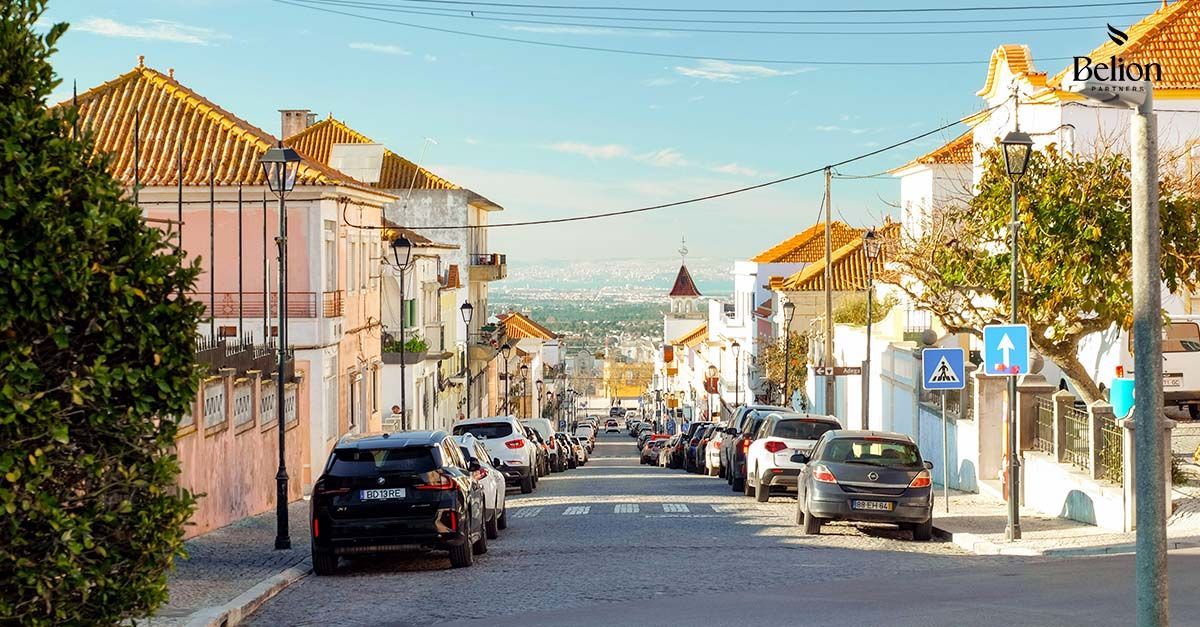Condominiums in Portugal: How They Work

Author:
Ana Espadinha | Property Consultant
If you own real estate in Portugal or are thinking about buying — especially an apartment — the most common form of ownership you’ll come across is the condominium, known locally as "propriedade horizontal".
However, condominiums aren’t exclusive to apartment buildings. Detached or semi-detached houses located within private developments can also form part of a condominium, sharing common areas such as roads, gardens, or security services.
Condominium ownership in Portugal involves a combination of private and shared responsibilities that can initially seem complex. Balancing the individual ownership of private units with collective obligations for the building’s maintenance, fees, and internal regulations can be overwhelming for those who simply wish to enjoy their home in Portugal.
To simplify this, we’ve prepared a guide to help property owners understand how condominiums work and how the rules apply in practice.
What Is a Condominium (Propriedade Horizontal)?
A condominium in Portugal is a legal property regime in which a building or development is divided into independent units, such as apartments, offices, or houses, while the owners share responsibility for common areas. These shared elements may include the foundations, roof, stairways, lifts, gardens, pools, or access roads.
While
propriedade horizontal
is the most common form, the concept also applies to residential complexes with shared facilities, even if the homes are detached or semi-detached.
What Is the Latest Condominium Law in Portugal?
The most recent legal framework stems from Law No. 8/2022, which revised the Horizontal Property Regime originally established under Decree-Law No. 268/94. This update clarified several aspects of condominium management and introduced new obligations for property owners.
In practical terms, here are the most relevant measures:
- When a property is sold, the new owner must inform the condominium administrator by registered letter within 15 days of the sale.
- Before a sale, the condominium administration must issue a statement confirming that no debts exist.
- This statement must list all current condominium fees, payment deadlines, and any outstanding amounts.
How Condominium Fees (Quotas) Work
In Portugal, each property owner within a condominium contributes a periodic fee — monthly, quarterly, or semi-annually — to cover the expenses related to the maintenance and operation of the building’s common areas.
Although these fees are generally based on the permillage (the fraction that represents each unit’s share of the total property), their exact amount is approved collectively during the condominium’s general meeting. This means owners can agree to adapt the fees according to the building’s needs or by mutual consent.
Typical shared expenses include:
- Cleaning and maintenance of common areas
- Repairs and improvements
- Building insurance
- Electricity for common spaces
- Security and administrative services
Additionally, Portuguese law requires every condominium to maintain a reserve fund (fundo comum de reserva). This fund is mandatory and intended to cover major repairs or unforeseen expenses, ensuring that the building remains well-maintained over time.
Failure to pay condominium fees within eight days of their due date can result in an additional charge of 50% of the amount owed.
Condominium meetings play a crucial role in ensuring effective management of the property. The general meeting, usually held during the first quarter of the year, is particularly important, as it is when owners:
- Review and approve the accounts for the previous year
- Approve the annual budget for the current year
- Elect or confirm the condominium administrator
Owners must be notified in advance and receive the agenda to be discussed. Participating actively in meetings helps create a transparent and collaborative environment, ensuring that all decisions reflect the community’s best interests.
A well-managed and engaged condominium not only improves day-to-day living but also preserves — and can even enhance — the value of the property.
A professional property manager plays a key role in keeping condominiums running smoothly. They oversee maintenance, handle finances, ensure compliance with regulations, and act as an intermediary between residents and the condominium board.
By delegating these tasks to a qualified team, property owners can save time, avoid conflicts, and ensure that their investment is properly maintained.




